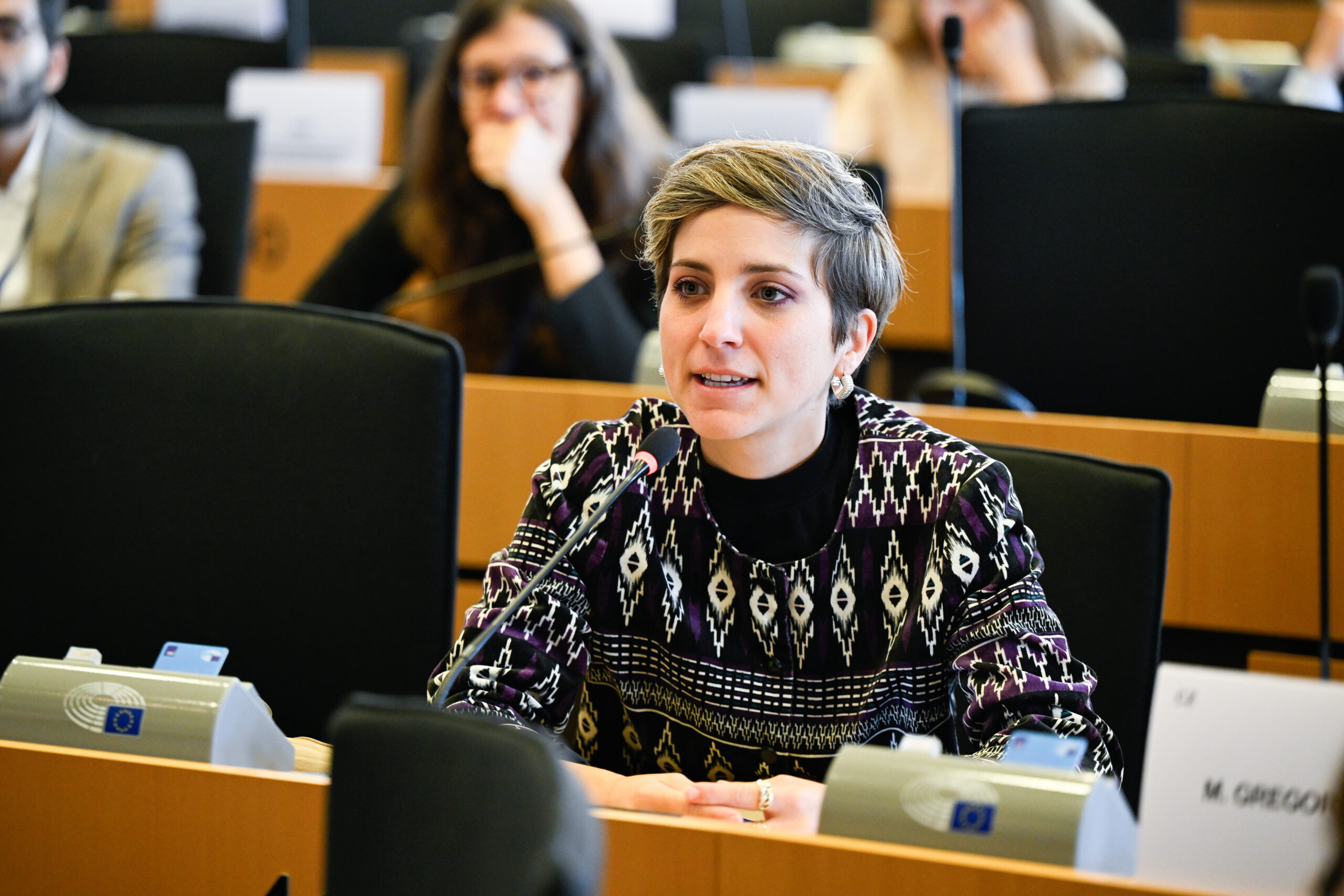Brussels – Local authorities claim greater space in shaping European policies that affect them closely. They do so at a time when – in the face of global geopolitical tensions and the race for competitiveness and rearmament – the risk is that Brussels will reduce its commitment to implementing the social rights pillar. The warning comes from the European Parliament, where yesterday (March 26), the ‘Cities Social Summit 2025’ was held, an event organized by Eurocities, the network that brings together over 200 European cities.
Three MEPs from the Green Group hosted the event: Italy’s Benedetta Scuderi, Sara Matthieu, and Gordan Bosanac. “We increasingly need collaboration between the local level and Europe,” said Scuderi. “Local authorities are the institutions that know in depth the most pressing needs of the citizenry and can transfer this knowledge to the European level for good planning of funds.”
At a time when the European Commission’s executive vice president in charge of Cohesion Funds, Raffaele Fitto, of the same party as Giorgia Meloni, is working on the mid-term review of the 2021-2027 programming, the AVS MEP’s appeal is loud and clear: “We need to expand the resources for cohesion even more. More importantly, we must establish direct contact with cities and local authorities to allocate funds. Housing emergency, essential services, schooling and health, and energy poverty: these are all issues on which, from Europe, we can work together with cities, even to combat the depopulation in rural areas and those facing greater difficulty.”

EU Commissioner for Energy and the Housing Crisis, Dan Jørgensen, has recently indicated that the EU executive could double the resources of the Cohesion funds allocated to housing policies, from 7.5 to 15 billion euros. For Scuderi, the right to housing “is one of the greatest crises of our time.” The secretary general of Eurocities, André Sobczak, also emphasized this, stressing the risk of forgetting to work “on social inclusion and particularly on the housing crisis” in the face of “strong geopolitical and competitiveness tensions.”
Ursula von der Leyen’s proposal in her European rearmament plan hinted at such a scenario, giving member states the option of converting part of the funds earmarked for Cohesion for military spending. The European Greens strenuously oppose this proposal, but, given the use of urgency procedure for Rearm Europe that rules out going through Parliament, they will not be able to block.
Also present at the event was the mayor of Florence, Sara Funaro, who signed the city’s 100th commitment to implement the European Pillar for Social Rights principles. “Florence has always been a city that has been very close to these issues, at the forefront of giving answers to citizens — the most fragile ones. Today we are here to launch a message of inclusion and equality,” said the Dem mayor. In the Tuscan city of art, which welcomes millions of tourists from all over the world every year, “we are working on both the regulation and the limitation of short rentals thanks to a regional law that has just been approved,” Funaro said, announcing that “we will also soon have our own regulation to reiterate the halt of new openings in the historic center area, in the UNESCO area, and also the possibility of conducting a study on the other areas.”
English version by the Translation Service of Withub
![Irene Tinagli (Pd/S&D), presidente della commissione speciale Crisi abitativa nell'Ue [Bruxelles, 24 marzo 2025. Foto: Emanuele Bonini per Eunews]](https://www.eunews.it/wp-content/uploads/2025/03/tinagli-250324-350x250.jpeg)







